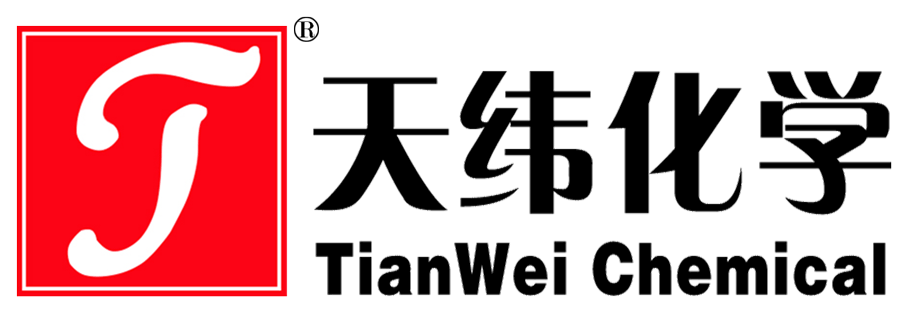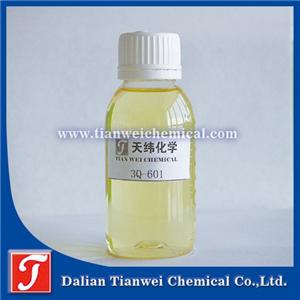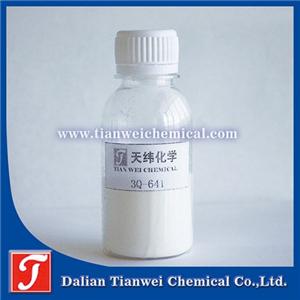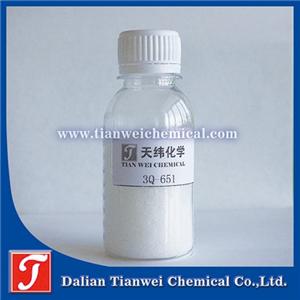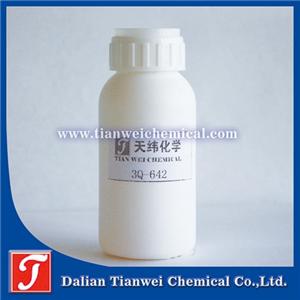Introduction of adding preservatives to grinding fluids
Grinding fluids play a crucial role in metal processing. It not only helps to reduce the cutting force and friction, but also effectively takes away the heat generated in the cutting zone to ensure the accuracy and surface quality of the workpiece. However, the grinding fluid is susceptible to microbial contamination during use, resulting in deterioration and performance degradation. Therefore, adding preservatives to the grinding fluid has become a key measure to maintain its stability and extend its service life.
First, the harm of microbial pollution in grinding fluid
Grinding fluid in the process of use, due to contact with air, metal chips, moisture and other factors, easy to breed a variety of microorganisms, such as bacteria, mold and yeast. The proliferation of these microorganisms consumes the active components in the grinding fluid, resulting in decreased concentration, pH imbalance, and reduced lubrication and cooling performance. In addition, the metabolic products of microorganisms may also cause the grinding fluid to stink, discolor, and even produce corrosive substances, causing damage to processing equipment and workpieces.
Second, the mechanism of action and selection of preservatives
The main role of preservatives in grinding fluid is to inhibit or kill microorganisms to prevent their reproduction and damage the performance of grinding fluid. Commonly used chemical preservatives include phenols, aldehydes, isothiazolinones, etc., their mechanism of action is different:
Phenolic preservatives: Cause exudation and death of cell contents by disrupting cell membrane permeability of microorganisms. However, phenolic preservatives can cause skin irritation in high pH environments, and the presence of non-ionic emulsifiers can impair their bactericidal ability.
Aldehyde preservatives: By combining with the active site of enzymes in microbial cells, inhibit or deactivate enzyme activity, so as to achieve bactericidal effect. However, aldehydes may have a pungent odor and toxicity.
Isothiazolinone preservatives: has a broad spectrum of bactericidal ability, has a good killing effect on bacteria, mold and yeast. They not only damage the basic enzymes of microorganisms, but also affect the permeability of cell membrane and the synthesis of nucleic acids.
When selecting a preservative, it is necessary to consider the type of grinding fluid, the conditions of use, the types of microorganisms, and the broad spectrum, rapid sterilization, long-term performance, compatibility and environmental protection of the preservative. Suitable preservatives should be compatible with other components in the grinding fluid, do not affect its cooling and lubrication properties, and are environmentally friendly.
Third, the addition and monitoring of preservatives
The amount of preservatives added should be determined according to the type of grinding fluid, the environment used and the degree of microbial pollution. In general, the preservative should be added evenly to the grinding fluid at an appropriate concentration to ensure its uniform distribution and effective effect. At the same time, the microbial content and preservative concentration in the grinding fluid should be regularly monitored, and the addition amount should be adjusted in time to maintain the stability and performance of the grinding fluid.
When adding preservatives, the following points should also be noted:
Avoid excessive addition: Excessive preservatives may cause corrosion to processing equipment and workpieces, and may also affect the health of the operator.
Replace the grinding fluid regularly: even with the addition of preservatives, the grinding fluid will gradually deteriorate during use. Therefore, the grinding fluid should be replaced regularly to ensure processing quality and equipment safety.
Pay attention to personal hygiene: When using grinding fluid, the operator should wear appropriate protective equipment to avoid direct contact with and inhalation of grinding fluid and its vapor.
Iv. Conclusion
The application of preservative in grinding fluid is of great significance for maintaining its stability and prolonging its service life. Through the selection of appropriate preservatives, reasonable addition and regular monitoring, the reproduction of microorganisms can be effectively inhibited and the performance and quality of grinding fluid can be maintained. At the same time, attention should also be paid to the environmental protection and safety of preservatives to ensure the sustainable development of the processing process and the health of the operator. In the future, with the advancement of science and technology and the improvement of environmental awareness, more efficient and environmentally friendly preservatives will be developed and applied to grinding fluids, bringing greater convenience and benefits to the metal processing industry.
